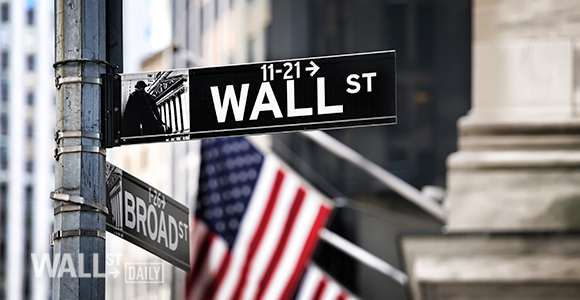
Everybody loves to cheer for their home team when it comes to sports. But, it turns out that investors around the world do the same with their money.
Let me give you an example.
Brazil is suffering through its worst economic downturn since the Great Depression. Its currency, the real, is near record lows. And its stock market is down by 40% over the past five years. Add in other factors such as the Zika virus – and it’s bad times, to say the least.
But what are Brazilian investors doing? They’re liquidating their overseas holdings and buying Brazilian stocks.
Are they nuts?
Nope, it’s just human nature.
In investing, it’s called “home bias.” And U.S. investors are among the most guilty.
It’s Not 1950
In my years giving advice to clients, I found a very strong aversion among investors to investing overseas. People confuse familiarity with safety.
I once had a client who stormed out of the office saying he wouldnever invest a penny of his money outside the United States.
Now, that was an extreme circumstance. But people do invest as if it’s still 1950, and the U.S. is the dominant economic power. Back then, the U.S. made up a huge part of the world’s market capitalization.
Today, that’s down to about 50%. Yet, people invest as if nothing’s changed.
A study by the mutual fund company Henderson Global Investors found that Americans were the second-most guilty of home bias globally, trailing only Canadians.
This is backed up by an analysis done last summer by robo-advisor SigFig. It found that the median individual investor had a mere 6.6% of their portfolio in international equities.
The study also found that bigger, and presumably more sophisticated, portfolios had less home bias.
This makes sense. I can guarantee, people like George Soros don’t have most of their portfolios in the U.S.
The World Is Waiting
The U.S. economy produced only 22.5% of the world’s GDP in 2014. That’s quite a change from just after World War II when the U.S. accounted for half of global GDP.













Leave A Comment